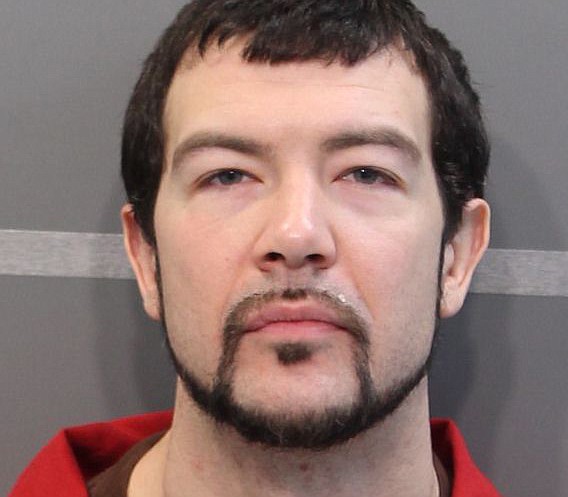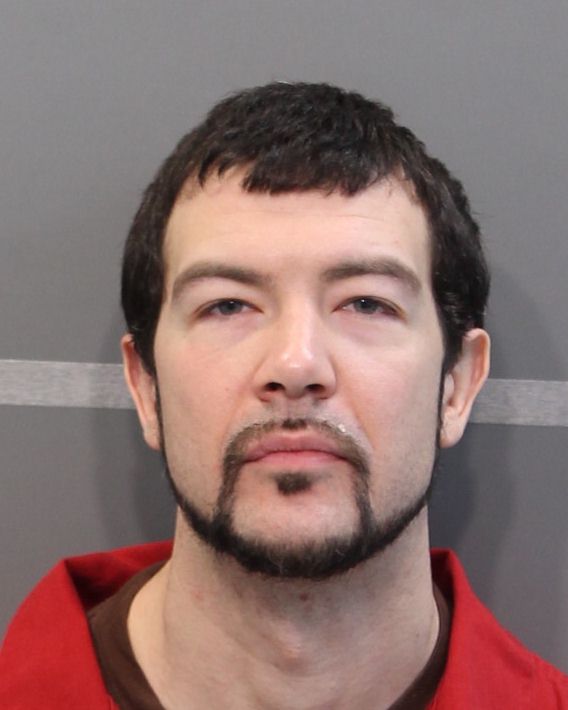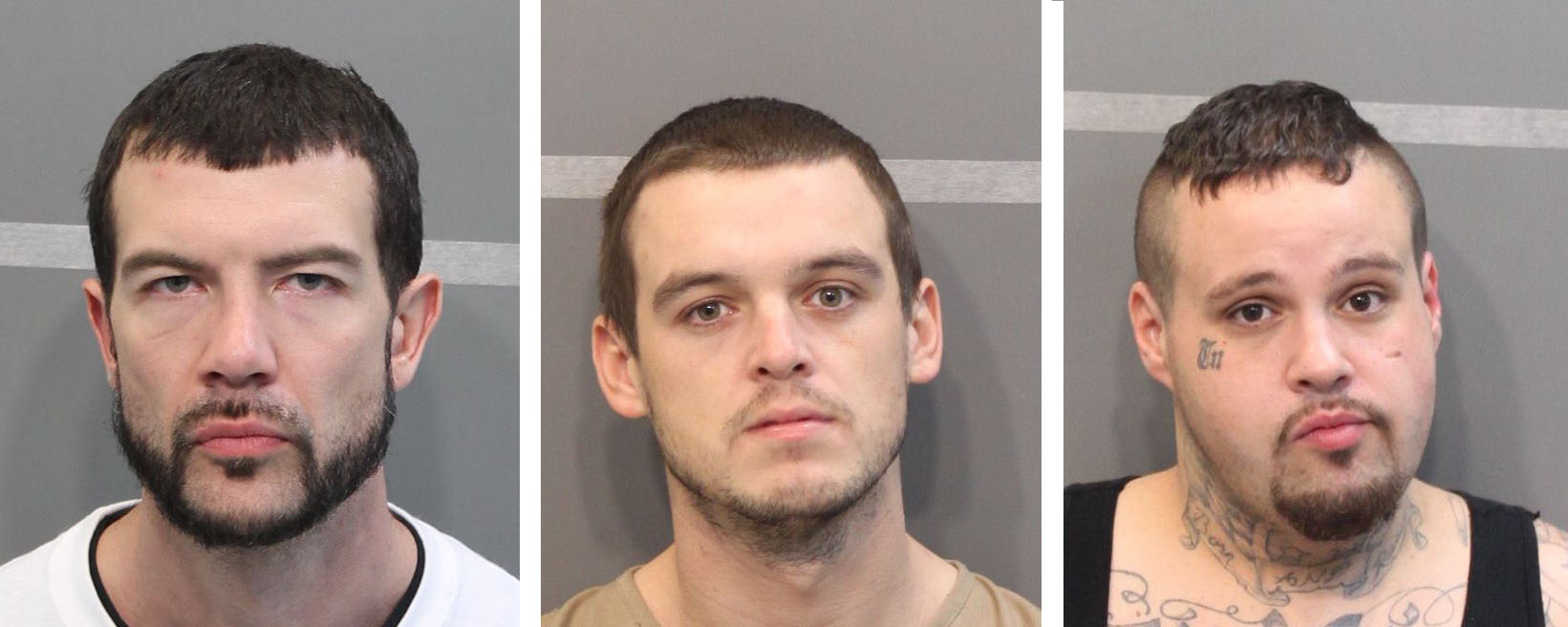A month after they found the body in the graveyard, authorities found Chad Massengale.
He was coming out of a house on Ely Road, about to get into a car with his mother and son, when Soddy-Daisy Police Department officers moved on him, detective Ryan Wilkey said Monday. Since September 2015, authorities had a warrant on Massengale, 31, for possessing contraband in a penal institution. But the charges they hoped to file against him that January 2016 afternoon were far more severe: First-degree murder.
Authorities believe Massengale, along with Dekota Burchard and Roy Henderson III, beat and stabbed Tony Rector, 51, before dumping his body at the edge of a cemetery at 11600 Holly Circle in December 2015. There, Wilkey said, Massengale stomped on the victim's body a few more times. A few key witnesses led Soddy- Daisy officers to Massengale, who confessed to the crime on Jan. 31, 2016, during an interview, authorities say.
But Massengale's defense attorney, Steven Moore, raised a concern during an evidentiary hearing Monday in Hamilton County Criminal Court: Was Massengale in the right state of mind when he gave up that information? And if he wasn't, should the state have permission to use that interview during his upcoming murder trial in May?
Criminal Court Judge Don Poole said he would issue a decision before the next check-up date for all three defendants on March 27.
As proof of his concern, Moore pointed to the one-and-a-half-hour-long recorded interview between Massengale and Wilkey that prosecutors played Monday. The video began with Massengale, a tall, bearded man, alone in the interrogation room, bent over the table, seemingly asleep. A minute later, Wilkey walked in and read Massengale his Miranda rights, which include an individual's right to remain silent and not make a statement to police.
"Do you understand all that and stuff?" the detective asked, before launching into talking about Rector's death, and how he knew that Massengale and his colleagues used a knife on him.
"I'd rather not talk to you about it," Massengale said. "I heard about the situation, obviously "
Moore argued that at no point in the video did Wilkey ask Massengale whether he would sign the Miranda rights waiver. "At best," he said, "there's a nod of the head [from Massengale]."
Which was an important cue, he said, because Massengale was either tired, high or drunk, since he couldn't sit without leaning his head against the wall of the interrogation room. During the interview, as he discussed the alleged crime, Massengale weaved among topics such as Beyoncé, gang violence in Chattanooga, junkies he knew, and how he was more of a business-oriented individual.
"Throughout the interview," Moore wrote in a motion from earlier this year, "Massengale can be heard slurring words, seems incoherent at times, and [he] verbally rambles on regarding unrelated and irrelevant issues. At no time during the interview does Detective Wilkey inquire whether Massengale had taken any drugs or prescriptions."
While Wilkey was on the stand, prosecutor Cameron Williams asked whether Massengale appeared intoxicated or under the influence. The detective said no, adding that officers gave Massengale some potato chips, a candy bar, and a 20-ounce orange soda from a nearby gas station.
"Was he able to give you details of the homicide of Mr. Rector?" Williams asked.
"Yes, sir," Wilkey said.
Williams also pointed to the Soddy-Daisy man's criminal record - 23 convictions, a few of them felonies, according to Wilkey - as evidence that Massengale understood how the criminal justice system worked.
"This was a highly intelligent criminal who knew what he was doing," Williams said during his closing arguments to Judge Poole. "The fact that he's under the influence has very little weight. And if the state wants to play it, then it should be allowed to."
As for the other defendants, Burchard's attorney, Cynthia LeCroy-Schemel, said her client would like to be evaluated by a mental health institute.
"The defendant alleges that he has received treatment for mental health in the past, and is presently in need of such treatment," she wrote in a motion. "[He] is presently confined in Hamilton County Jail, is indigent, and is unable to bear the cost of treatment."
Contact staff writer Zack Peterson at zpeterson@times freepress.com or 423-757-6347. Follow him on Twitter @zackpeterson918.


